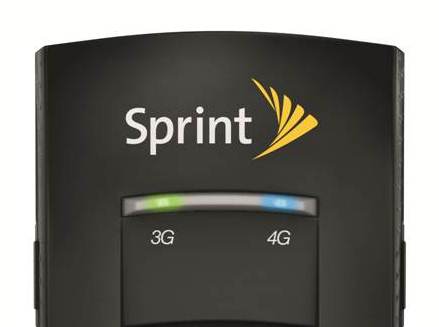Sprint Corp. (NYSE: S) still has a very long way to go in terms of the perception of its service among consumers. Moving into Radio Shack stores and increasing promotions will not solve the problem. In a major study of wireless service quality, Sprint continues to receive lower grades, on average, than its rivals AT&T Inc. (NYSE: T), Verizon Communications Inc. (NYSE: VZ) and T-Mobile US Inc. (NASDAQ: TMUS).
In the new RootMetrics 2nd Half 2014 Mobile Network Performance Review, Sprint finished a distant fourth across quality measurements nationally, by state and by metro area. It received 167 “first-place finishes” compared to Verizon’s 799, AT&T’s 493 and T-Mobile’s 205. RootMetrics performed 5.7 million tests across the country, in all 50 states and the 125 largest metropolitan areas.
RootMetrics noted that the quality of both the Sprint and T-Mobile networks has improved, but not enough to lift either anywhere close to the two largest companies in the industry.
ALSO READ: The Bullish and Bearish Case for Verizon in 2015
While the results of the survey will make the turnaround of Sprint by new controlling shareholder Softbank nearly impossible, the news is almost as bad for T-Mobile. Its future relationship with parent Deutsche Telekom is already in question, and the question includes whether the German company will continue to invest in its network infrastructure. RootMetrics researchers noted:
Once you move beyond the metro level, T-Mobile’s network begins to suffer. We’ve seen this sharp dichotomy in T-Mobile’s performance before. T-Mobile continues to improve within the metros we test, but its network upgrades have yet to translate to significant performance gains at the state (or national) level. Increasing its first-half awards total by three, T-Mobile earned first-place finishes in only four of 300 award opportunities. The lone bright spot is that one of T-Mobile’s wins came in our speed index for Rhode Island. Now that T-Mobile has firmly established its LTE rollout at the metro level, we anticipate that improved performance could start to push out beyond the urban areas and transitory reliability issues related to the upgrade process could also improve. Perhaps some of the fantastic speeds we’ve seen at the metro level can begin to impact T-Mobile’s state performance in a greater way moving forward.
The RootMetrics report is long, complex and complete, and it can make claim to being the industry standard in terms of consumer satisfaction. Boiled down to its basics, Sprint and, to a lesser extent, T-Mobile continue to run well behind their much larger and well-financed rivals.
ALSO READ: The Bullish and Bearish Case for AT&T in 2015
Thank you for reading! Have some feedback for us?
Contact the 24/7 Wall St. editorial team.


